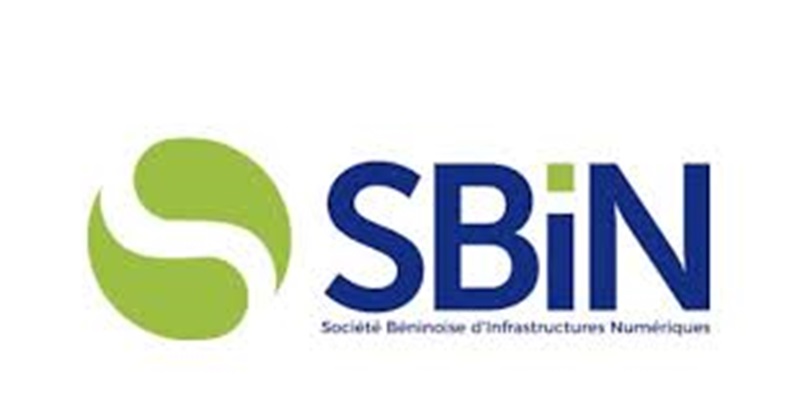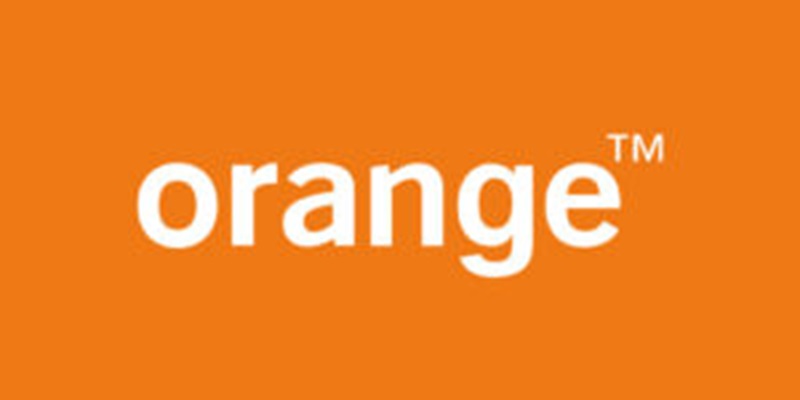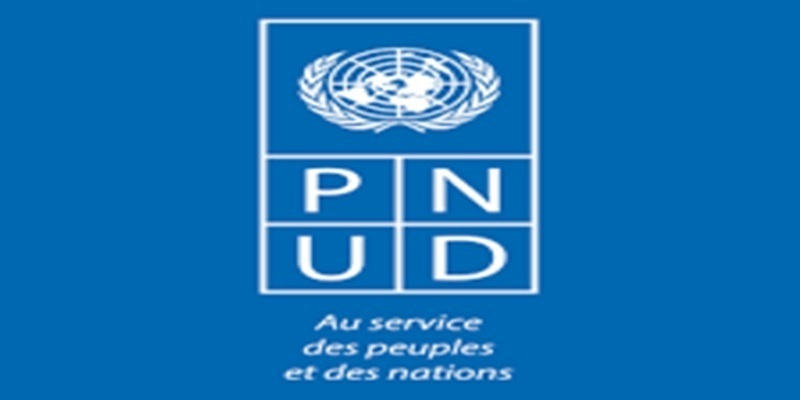| No de l’appel á candidature: | 22-Humanitarian Affairs-OCHA-185168-J-Dakar (X) |
| Staffing Exercise | N/A |
Cadre organisationnel
Le poste est situé dans la Division des opérations et du plaidoyer (OAD), au sein du Bureau de la coordination des affaires humanitaires (OCHA). L’OCHA fait partie du Secrétariat des Nations unies et est chargé de rassembler les acteurs humanitaires afin de garantir une réponse cohérente aux situations d’urgence. L’OCHA veille également à ce qu’il existe un cadre dans lequel chaque acteur peut contribuer aux efforts de réponse globaux. La mission d’OCHA est de mobiliser et de coordonner une action humanitaire efficace et fondée sur des principes, en partenariat avec les acteurs nationaux et internationaux, afin d’atténuer les souffrances humaines lors de catastrophes et d’urgences, de défendre les droits des personnes dans le besoin, de promouvoir la préparation et la prévention et de faciliter les solutions durables.
Responsabilités
Within delegated authority, the Humanitarian Affairs Officer/Pooled Fund Manager, will be responsible for the following duties:
I. Fund Management and Coordination:
• Under the supervision of the Pooled Fund Manager and Head of Humanitarian Financing Unit, support and advise the HCs on the overall management of the Country Based Pooled Fund (CBPF) vis-à-vis the humanitarian context (i.e. priorities and critical needs).
• Support and advise the Pooled Fund Manager on the overall management and administration of the Fund and liaise as necessary with relevant OCHA HQ sections..
• Support and implement standardized policy in line with HQ guidance and decisions.
• Manage and supervise Fund-related support staff.
• Manage fund allocation processes ensuring necessary coordination with relevant counterparts in line with the Terms of Reference and/or allocation guidelines (i.e. Review and/or Advisory Boards, cluster or sector leads, humanitarian organizations, and OCHA).
• Liaise with NGOs, UN partners as well as clusters and OCHA field offices to follow-up on project progress and overall Fund progress.
• Ensure proper communication and support during the allocation process to all stakeholders.
• Liaise with and provide necessary support to recipient organizations of the Fund throughout the life-cycle of the projects, promoting coherence between humanitarian needs and response.
• Advise the HC, recipient organizations and stakeholders on measures to mitigate foreseeable operational risks.
• Ensure recipient organizations compliance with financial rules applicable to the Fund.
• Ensure coordination and information exchange with humanitarian donors aiming to promote coordinated and complementary use of funds.
II. Monitoring, Reporting and Evaluation:
• Ensure compliance with monitoring and reporting requirements in place for the Fund;
• Conduct periodic field visits to promote the knowledge and support the appropriate use of the Fund in line with its Terms of Reference, field visits should focus on key actors (i.e. OCHA field colleagues, recipient organizations, local governments, communities).
• Systematically provide information on project status to the HoO and the HC, donors and relevant governing bodies of the Fund;
• Ensure timely overall project reporting, including acting as the lead for the pooled fund annual report exercise.
• Assist in the preparation of evaluations or other research activities and studies in consultation with relevant HQ sections (CBPF Section, EGS).
III. Analysis, communications and public information:
• Ensure proper communication and support during the allocation process to all stakeholders.
• Liaise with and provide necessary support to recipient organizations of the Fund throughout the life-cycle of the projects, promoting coherence between humanitarian needs and response.
• Advise the recipient organizations and stakeholders on measures to mitigate foreseeable operational risks.
• Research, analyze and present humanitarian financing information, in particular funding trends and requirements, gathered from diverse sources.
• Assist in policy development, including the review and analysis of humanitarian issues and funding trends at the country level, ensuring proper coordination with FCS.
• In collaboration with other OCHA units and field offices, as well as with support from relevant OCHA HQ sections, document and disseminate results, best practices and results of the Fund across internal and broader audiences through information and communication products/pieces (i.e. bulletins, feature stories, photographs/videos, websites, etc.).
• Liaise with OCHA field offices and recipient organizations in order to disseminate full information on Fund activities.
• Perform other duties as assigned by the OCHA Head of Office.
Compétences
PROFESSIONALISM: Sound knowledge of and exposure to a range of humanitarian assistance, emergency relief and related humanitarian issues. Knowledge of institutional mandates, policies and guidelines pertaining to humanitarian assistance. Strong analytical capacity, in particular the ability to analyze and articulate the humanitarian and protection dimension of issues which require a coordinated UN response. Good knowledge of the UN common system and humanitarian NGOs. Ability to identify issues and to use sound judgment in applying technical expertise to resolve a wide range of problems. Strong research skills, including ability to evaluate and integrate information from a variety of sources and assess impact on the humanitarian rights and protection situation in assigned country/area. Ability to work under extreme pressure, on occasion in a highly stressful environment (e.g. civil strife, natural disasters and human misery). Ability to provide guidance to new/junior staff. Excellent drafting skills and strong computer literacy (MS Word and Excel). Takes responsibility for incorporating gender perspectives and ensuring the equal participation of women and men in all areas of work.
TEAMWORK: Works collaboratively with colleagues to achieve organizational goals; solicits input by genuinely valuing others’ ideas and expertise; is willing to learn from others; places team agenda before personal agenda; supports and acts in accordance with final group decision, even when such decisions may not entirely reflect own position; shares credit for team accomplishments and accepts joint responsibility for team shortcomings.
PLANNING and ORGANIZING: Develops clear goals that are consistent with agreed strategies; identifies priority activities and assignments; adjusts priorities as required; allocates appropriate amount of time and resources for completing work; foresees risks and allows for contingencies when planning; monitors and adjusts plans and actions as necessary; uses time efficiently.
Formation
An advanced university degree (Master’s degree or equivalent) in political science, social science, international studies, public administration, economics, engineering, earth sciences or a related field. A first-level university degree in combination with an additional two years of qualifying experience may be accepted in lieu of the advanced university degree.
Expérience professionnelle
A minimum of five (5) years of progressively responsible professional experience in humanitarian affairs, emergency preparedness, crisis/emergency relief management, project management, budget management, or related area is required.
Humanitarian experience in the field (actual setting where a mission and/or project is being implemented) in emergency situations (complex emergency or natural disaster) is required.
A minimum of two (2) years of international field experience in humanitarian operations in the last five (5) years is required.
Experience in program/project management, including monitoring and evaluation is desirable.
Experience in humanitarian financing (e.g. grant management, fundraising, or donor relations for humanitarian programmes) is desirable.
Experience in the design of policies and guidelines pertaining to humanitarian assistance is desirable.
Experience in a humanitarian context within the UN Common System or other comparable international organization is desirable.
Connaissances linguistiques
French and English are the working languages of the United Nations Secretariat. For the position advertised, fluency in English and French (both oral and written) is required. Knowledge of another UN official language is an advantage.
Méthode d’évaluation
Evaluation of qualified candidates may include an assessment exercise which may be followed by competency-based interview.
Notice spéciale
The appointment/assignment will be for an initial period of Six (6) months. If the assignment is subsequently extended, the total period of the assignment may not exceed the maximum period of 364 days.
Please note that due to the ongoing situation with COVID-19 and the travel restrictions imposed by national authorities, selected candidate may be requested to start the appointment/assignment remotely, in agreement with the hiring manager, and until further notice.
Staff members are subject to the authority of the Secretary-general and to assignment by him or her. In this context, all staff are expected to move periodically to new functions in their careers in accordance with established rules and procedures. The United Nations Secretariat is committed to achieving 50/50 gender balance in its staff. Female candidates are strongly encouraged to apply for this position. An impeccable record for integrity and professional ethical standards is essential.
Charte des Nations Unies
Aux termes du paragraphe 3 de l’Article 101 de la Charte des Nations Unies, la considération dominante dans le recrutement du personnel doit être la nécessité d’assurer à l’Organisation les services de personnes possédant les plus hautes qualités de travail, de compétence et d’intégrité. Ne seront pas retenues les candidatures des personnes qui ont commis des violations du droit international des droits de l’homme, des violations du droit international humanitaire, des actes d’exploitation, d’atteintes ou de harcèlement sexuels, ou au sujet desquelles il existe des raisons plausibles de croire qu’elles ont été impliquées dans la commission de tels actes. L’expression « exploitation sexuelle » désigne le fait d’abuser ou de tenter d’abuser d’un état de vulnérabilité, d’un rapport de force inégal ou de rapports de confiance à des fins sexuelles, y compris mais non exclusivement en vue d’en tirer un avantage pécuniaire, social ou politique. On entend par « atteinte sexuelle » toute atteinte physique de nature sexuelle commise par la force, sous la contrainte ou à la faveur d’un rapport inégal, ou la menace d’une telle atteinte. Le harcèlement sexuel s’entend de tout comportement déplacé à connotation sexuelle raisonnablement propre ou de nature à choquer ou humilier, lorsqu’il entrave la bonne marche du service, est présenté comme une condition d’emploi ou crée au lieu de travail un climat d’intimidation, d’hostilité ou de vexation, et lorsque ce comportement est assez grave pour justifier le licenciement de son auteur. La candidature de personnes qui ont commis des infractions autres que des infractions mineures au code de la route ne sera pas retenue.
Sera dûment prise en considération l’importance d’un recrutement effectué sur une base géographique aussi large que possible. Aucune restriction ne sera imposée par l’Organisation à l’accès des hommes et des femmes, dans des conditions égales, à toutes les fonctions, dans ses organes principaux et subsidiaires. Le Secrétariat de l’Organisation des Nations Unies est un espace non-fumeurs.
La considération dominante dans l’engagement, la mutation ou la promotion du personnel est la nécessité de s’assurer les services de personnes possédant les plus hautes qualités de travail, de compétence et d’intégrité. En acceptant une offre d’engagement, les membres du personnel sont soumis(es) à l’autorité du Secrétaire général, qui peut leur assigner l’une quelconque des tâches ou l’un quelconque des postes de l’Organisation des Nations Unies, conformément à l’alinéa c) de l’article 1.2 du Statut du personnel. Dans ce contexte, tous les membres du personnel recrutés sur le plan international sont tenus de changer de fonctions périodiquement à l’intérieur d’un même lieu d’affectation ou dans un autre lieu d’affectation, dans les conditions fixées par le Secrétaire général.
Les candidats sont invités à respecter scrupuleusement toutes les instructions disponibles sur la plateforme de recrutement en ligne Inspira. Pour des informations plus détaillées, ils ou elles peuvent consulter le manuel d’instructions pour le candidat, en cliquant sur le lien hypertexte « Manuels » sur le côté supérieur droit de la page d’accueil de leur compte Inspira.
Les candidatures feront l’objet d’une évaluation et d’un examen préalables sur la base des informations soumises conformément aux critères d’évaluation de l’avis de vacance de poste et aux dispositions législatives internes applicables de l’Organisation des Nations Unies, notamment la Charte des Nations Unies, les résolutions de l’Assemblée générale, le Statut et le Règlement du personnel, les textes administratives et les directives. Les candidats doivent fournir des informations exhaustives et précises conformément aux instructions fournies sur la plateforme Inspira. Une fois la candidature envoyée, aucune modification, suppression ou révision, ni aucun ajout ou changement ne pourra être fait. Il sera procédé à une vérification des références des candidats faisant l’objet d’une attention particulière pour s’assurer de l’exactitude des renseignements qu’ils ont fournis dans leur candidature.
Les avis de vacance de postes publiés sur le Portail des carrières sont retirés à 11:59 p.m. (heure de New York), le jour de la date limite de dépôt des candidatures.
Aucun frais de dossier
L’ONU NE PERÇOIT DE FRAIS À AUCUN STADE DU RECRUTEMENT (DÉPÔT OU TRAITEMENT DE LA CANDIDATURE, ENTRETIEN, FORMATION, ETC.), ET ELLE NE DEMANDE AUCUNE INFORMATION BANCAIRE.





